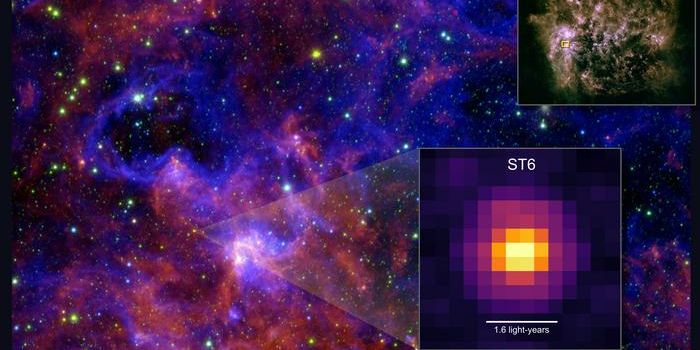This ISS-Based Experiment Could Benefit Parkinson's Disease Patients
Astronauts on the International Space Station do a whole lot more than spacewalk and glance out the window at the beautiful planet Earth. They also conduct a bevy of science experiments in the microgravitational environment for scientists back on Earth.
In this video, provided by NASA, we learn how astronauts on the International Space Station are growing protein crystals in microgravity because they could hold the key to developing a low-side effect Parkinson’s Disease inhibitor drug for patients here on Earth.
The astronaut collaborates in real-time with a principal investigator on Earth as he examines the space-grown crystals. A wall-mounted microscope and a plethora of other specialized equipment makes these observations possible, helping the Earth-based scientist in collecting notes about the experiment.
This research is significant because these protein crystals grow much larger and of significantly higher quality in the microgravitational environment than they do here on Earth. By studying their development in space, scientists can ascertain whether manufacturing these crystals in space would be a viable endeavor in the future.
As NASA inches closer to opening the International Space Station’s doors to the private sector, experiments like these could become more common.








